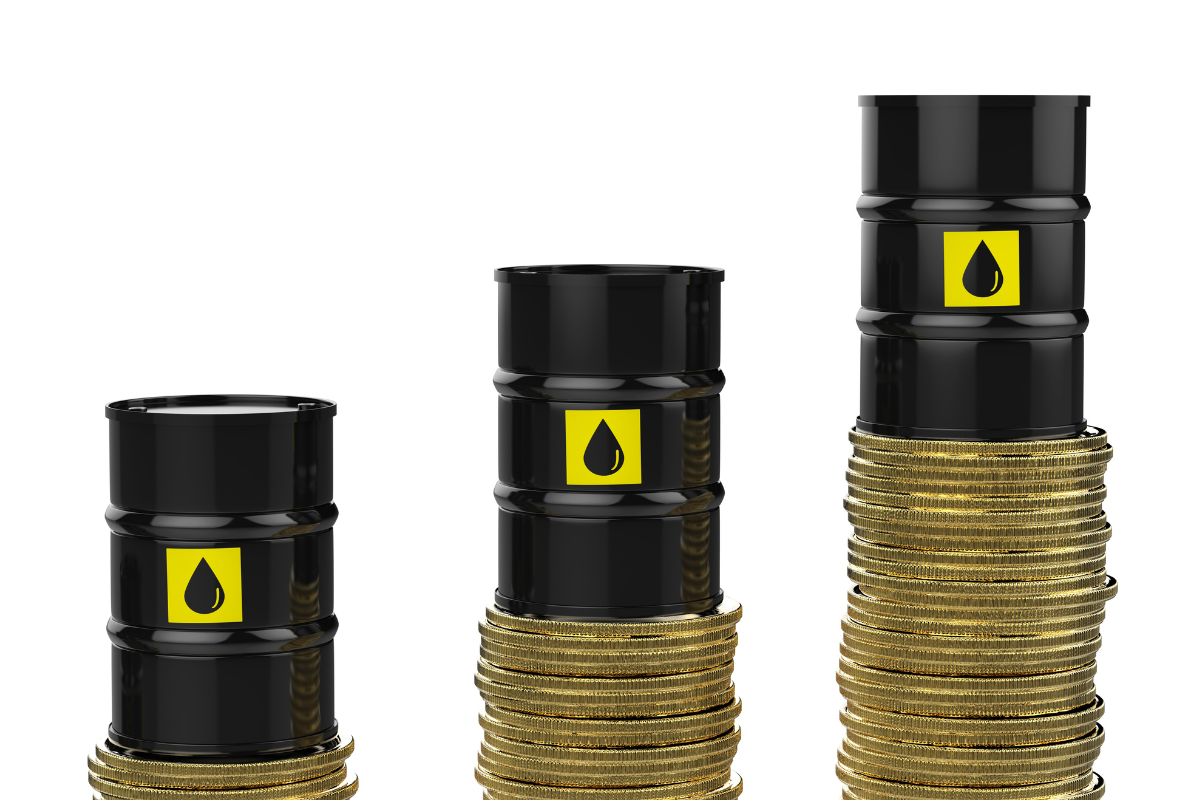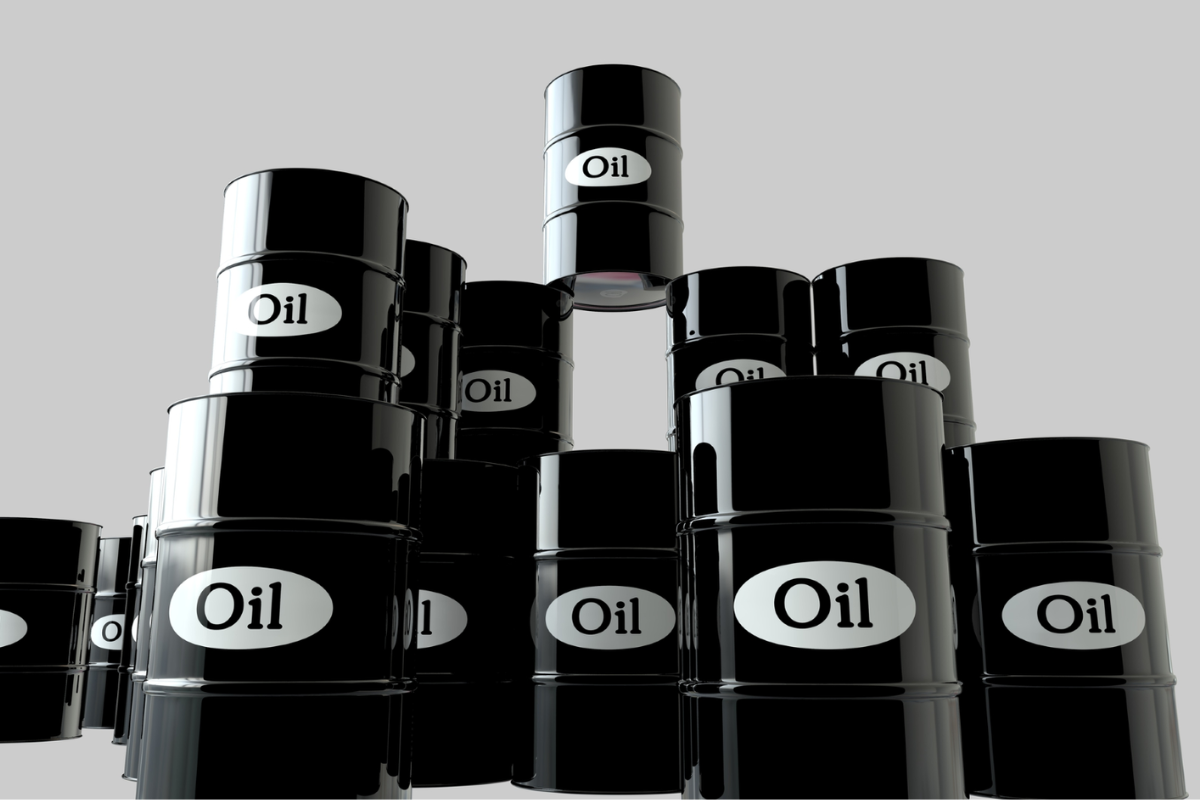The energy sector has been an investment avenue that has intrigued investors for generations.
Oil in particular is of interest, as even in the face of a green revolution, it remains a staple of capitalism – a driving force of productivity and daily life.
Because it is so interconnected with many facets of society, from geopolitics to manufacturing, it is of huge interest to many investors.
In today’s market, the world is rife with many tensions; some new, some old. Understand these fundamentals can help investors, but there is also always a new development to learn about.
This guide below sheds some light on the pros and cons of jumping into the world of crude oil investing, and whether it is right for you.
Pros of Investing in Oil
Diversification
One of the principal merits of investing in oil is the diversification it offers. Unlike traditional stocks or bonds, oil, as a tangible commodity, provides a different asset class, potentially balancing a portfolio during stock market downtrends.

In many instances, oil prices are independent of broader market trends, meaning they can be traded with less systemic risks than, say, only investing in bonds.
Supply and Demand Dynamics
The global demand for oil, particularly from developing economies, is expected to grow.
According to the World Oil Outlook, emerging economies will be the primary drivers of demand growth.
Rising demand usually translates to favorable prices for investors, though we are yet to see how the green movement will affect this.
Geopolitical Influence
Historically, geopolitical events in oil-rich regions have led to significant fluctuations in oil prices.
Astute investors, with a keen eye on global politics, can position themselves to take advantage of these price surges. There are many ways to get an advantage on crude oil investing, not just technical techniques.
Hedge
Many investors see commodities as a way to hedge inflation – an issue that has dominated headlines in 2023.
When inflation rises, the value of currency drops, but tangible assets like oil often retain or increase in value. Another way to put this is that oil has a tangible use, unlike many investments.
Cons Of Investing In Oil
Price Volatility
Few commodities experience the level of price volatility seen in the oil market.

As discussed, many factors impact the price, such as technological breakthroughs in alternative energy, and it can result in rapid price swings.
This may be good for traders who thrive on wild swings in prices, but many investors see it as unwanted risk.
Environmental and Regulatory Shifts
The world is undeniably moving towards greener energy solutions. As global policies become stringent on carbon emissions, and as alternative energy sources become more viable, the long-term demand projection for oil becomes uncertain.
It is possible that with a population that is set to plateau and a rise in green energy, oil may peak soon. Though, this horizon may be very far away still, and fuel consumption is still expected to grow for now.
Operational And Ethical Risks
Investing directly in oil operations, such as drilling projects, exposes investors to operational risks, including drilling failures or accidents.
It could also be considered an unethical investment, or at the very least, anti-ESG. Therefore, it is rarely going to be included in ESG funds, which are picking up traction.
Risks Of Short Selling In Trading
Short selling, a strategy used to capitalize on potential price drops, carries substantial risks. If the asset (in this case, oil or oil-related securities) appreciates instead of depreciating, the losses can be significant and swift.
Oil CFD Trading vs. Traditional Oil Investing
Understanding the distinction between oil CFD (Contract for Difference) trading and traditional oil investing is important when getting started with oil investing.
Traditional investing often involves purchasing shares in oil companies or oil ETFs, which hold tangible assets.
In contrast, CFD trading allows you to speculate on oil price movements without actually owning any oil or asset.
However, with CFD trading comes the additional risk of margin trading. Trading on margin means leveraging borrowed funds; you’re taking a larger position.
It could mean higher profits, but if market movements aren’t in your favour, the losses can be magnified too, often exceeding your initial investment.
An analogy for this is that when purchasing a house, the larger your mortgage, the more at risk of going into negative equity.
This piece is purely educational and doesn’t assure potential profits through crude oil investing. It’s important to conduct your own research and understand the risks of CFD trading.
Ella Marcotte
Latest posts by Ella Marcotte (see all)
- UA vs GA4: The 4 Big Differences You Need To Know - April 26, 2024
- Understanding The Role Of Control Valves In Industrial Automation - April 8, 2024
- How Automation Can Boost Your Business Outcomes - April 4, 2024




